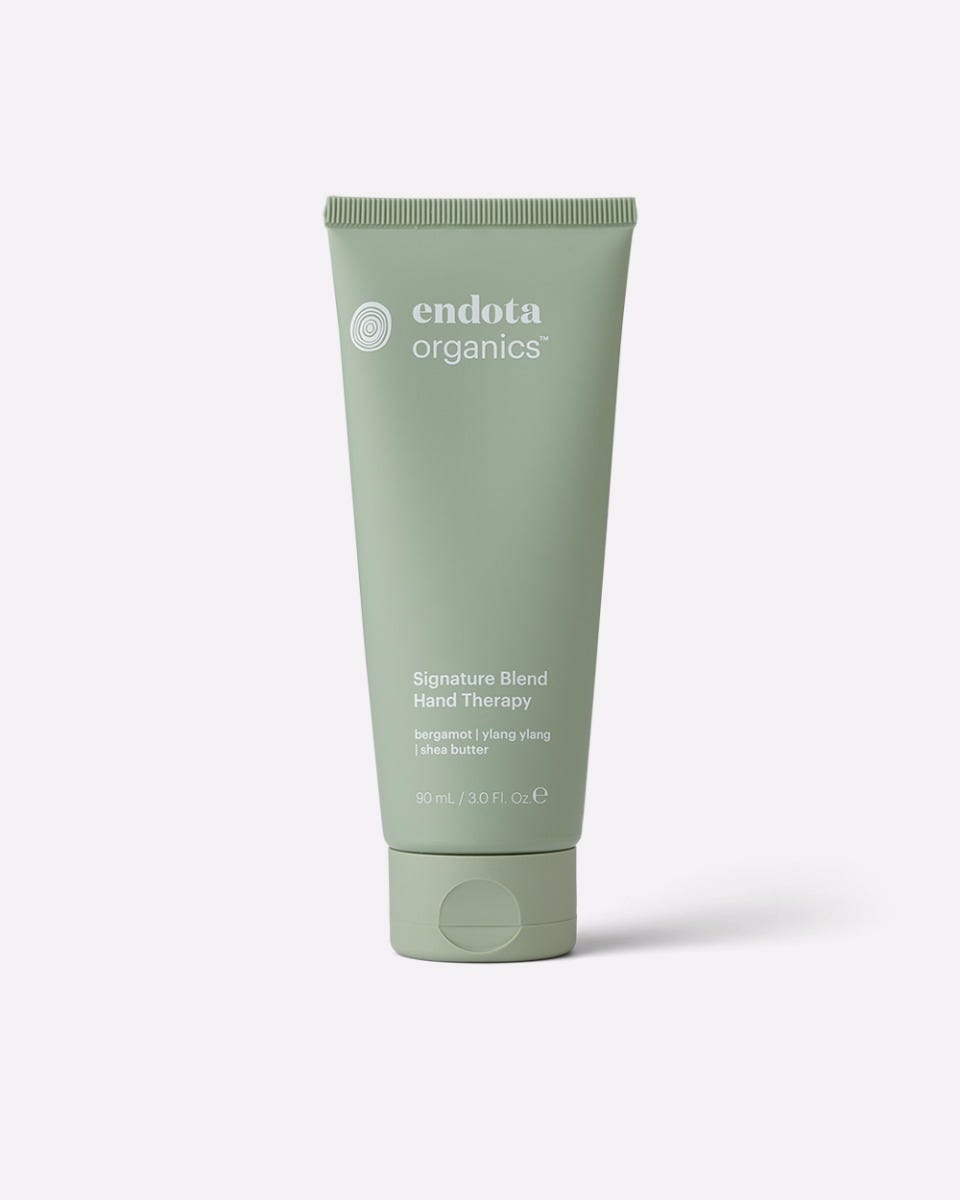We often make decisions with logic and reason in mind. You consider the facts, your current rituals and habits, weigh up the pros and cons and make a rational call.
However, sometimes logic isn't the only force at play. We might feel something deep in our core that suggests a different path and compels us towards another decision.
That gut feeling is your intuition kicking in – and often it's there for a reason.
By understanding intuition, we can learn more about what it means to trust it. Knowing how to engage with your intuition makes you feel better connected to how your mind and body interact, which naturally propels you to make decisions that better align with your values.

what is gut instinct and intuition? where does it come from?
In short, intuition is the sensation of understanding or knowing something without needing conscious reasoning or logical facts.
It's an unexplainable feeling that nudges you in a specific direction when facing a choice. This intuitive sense is often accompanied by a physical sensation – this is your gut instinct.
Everyone's intuition is unique to them, shaped by factors like past experiences, cultural background and even elements of our biology.
In other words it's the culmination of everything we've ever learned, felt and stored in our subconscious.
getting to know your gut instinct
A 'gut feeling' isn't just a figure of speech. It's a direct response to the thoughts and emotions taking shape in our minds. A key part of this stems from the millions of neurons forming our body's enteric nervous system, often called the 'second brain' housed in our gastrointestinal tract.
Sensations like butterflies in your stomach or pangs of guilt are signs of the second brain at work – our gut instinct is part of this.
Paying attention to this feeling is a vital part of understanding your intuition. It's a clear example of the mind-body connection in its purest sense. It's your body's way of expressing something your conscious mind has yet to grasp fully.
tapping into the power of your gut’s intuition
While intuition is a somewhat organic, instinctive response from our mind and body, you can still fine-tune how you understand and engage with your intuitive senses. That way, you're more confident when it's time to go with your gut.
For example, journaling is ideal for clearing your mind as well as reflecting on your thought processes and emotions. In doing so, you can recognise the strongest factors influencing your intuition. Sometimes, you may even hear from your past self as they guide you on your gut feelings and decision-making.
Mindfulness exercises like breathwork and meditation are also helpful wellness practices for fine-tuning your intuition. Building on skills to quieten your mind and relax your thoughts creates space for intuitive insights to emerge.
You can strengthen your mind-body connection to spot those gut feelings more clearly – and feel more comfortable and confident to act on them.

when is it time to trust your gut?
When you consider how many different decisions, experiences and potential pathways we face daily, it might feel overwhelming to know when to go with your gut feeling instead of hard evidence.
As a general rule of thumb, it's best to go with what you know if going against logic and reason impacts your health and wellbeing. That said, there are some key moments where trusting your gut and listening to your intuition aren't likely to lead you down the wrong path.
ready to put your intuition and gut instinct into action?
Our gut instinct is a gift that spotlights how powerful our mind-body connection can be. Knowing how to listen to your intuition, including learning when to embrace and trust it, can have a lasting positive impact on your wellbeing.
So the next time you feel that gentle nudge from within, pay attention — it might just be your intuition guiding you on a path towards your most authentic self.








